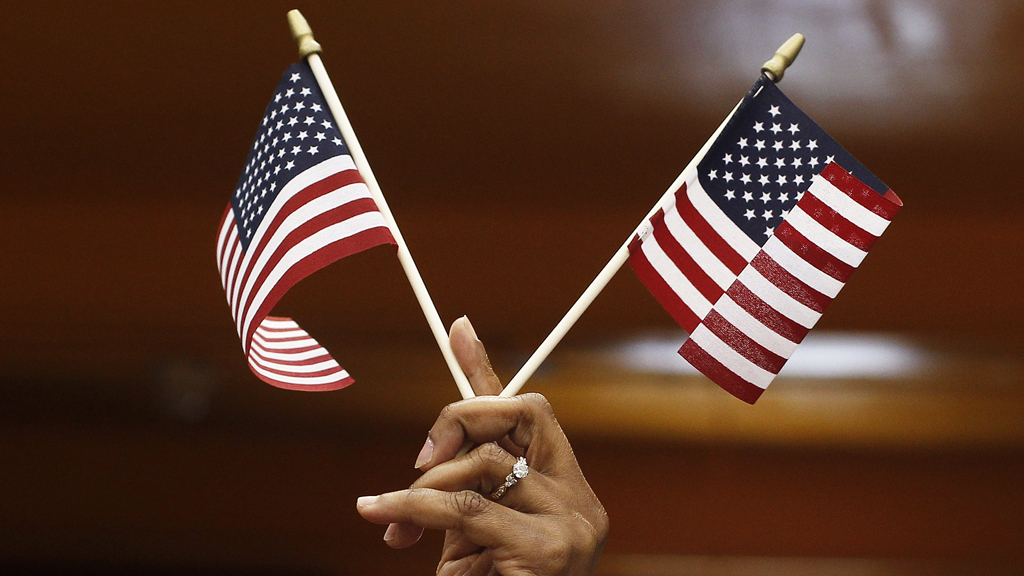US military ends ban on frontline fighting for women
The US military will formally end its ban on women serving in frontline combat roles in a move that could open thousands of fighting jobs to female service members for the first time.

The move knocks down another societal barrier in the US armed forces, after the Pentagon in 2011 scrapped its “Don’t Ask, Don’t Tell” ban on gays and lesbians serving openly in the military.
US defence officials said the decision to end the ban had been taken by outgoing US Defense Secretary Leon Panetta and individual military services would have until 2016 to seek exemptions if they believed any combat roles should remain closed to women.
Panetta is expected to announce the decision formally on Thursday. It will come after 11 years of non-stop war that has seen 84 women killed as a result of hostile action in Iraq and Afghanistan.
The military services will have until 15 May to submit a plan on how they will comply by 2016.
I know countless women whose careers have been stunted by combat exclusion in all the branches. Anu Bhagwati, former marine captain
“This is an historic step for equality and for recognising the role women have, and will continue to play, in the defence of our nation,” said Democratic Senator Patty Murray from Washington, the outgoing head of the Senate Veterans Affairs Committee.
The American Civil Liberties Union, which filed a suit in November seeking to force the Pentagon to end the ban, applauded the move, which overturns a 1994 policy preventing women from serving in small front-line combat units.
A plan for implementing the decision will have to be approved by the defence secretary and notified to Congress. The plan will guide how quickly the new combat jobs open up and whether the services will seek exemptions to keep some closed.
A delicate matter?
Senator Jim Inhofe, a Republican from Oklahoma, questioned the extent to which women would ultimately gain access to front-line combat, saying he doubted there would be a “broad opening.”
Michael O’Hanlon, a defence analyst at the Brookings Institution think tank, noted that integrating women was “a very delicate matter.” He called for the Pentagon to take a gradual approach, perhaps starting with special forces.
Former female service members cheered the move.
Anu Bhagwati, a former marine captain and head of the Service Women’s Action Network, said her decision to leave the Marine Corps in 2004 was partly due to the combat exclusion policy.
“I know countless women whose careers have been stunted by combat exclusion in all the branches,” said Bhagwati, who called the decision an historic moment.
“I didn’t expect it to come so soon,” she said.